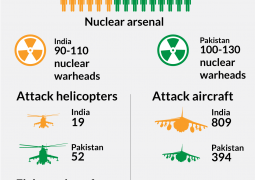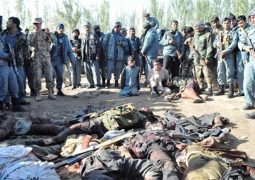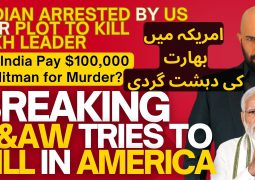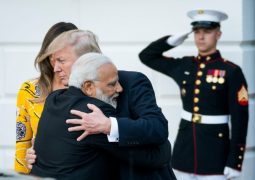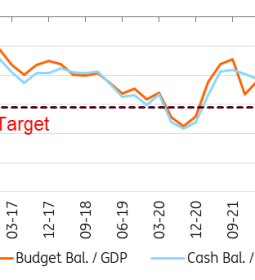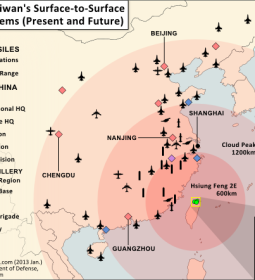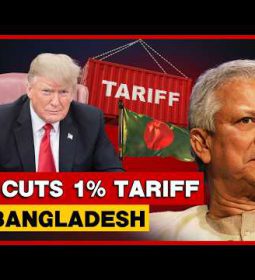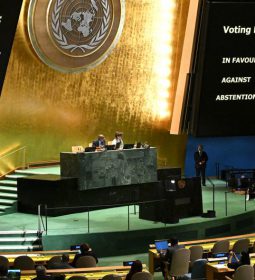India-Pakistan tensions: Who won the war of perceptions?
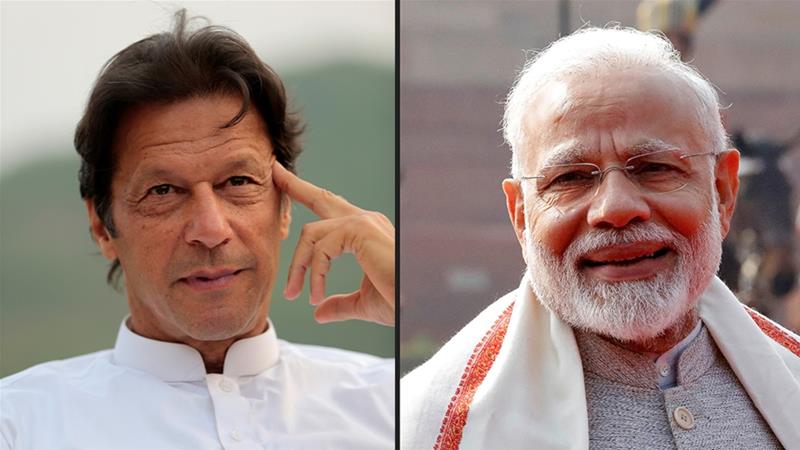
As confrontation on the ground escalated, India and Pakistan scrambled to control domestic and international narratives.
by Ajai Shukla
Although Pakistan’s PM Imran Khan won the perception war in the recent crisis, his country is still losing ground internationally to Narendra Modi’s India, writes Shukla [Reuters]
The military escalation between India and Pakistan appears to be winding down for now. On Friday, Islamabad handed over Indian pilot Abhinandan Varthaman, whose plane the Pakistan Air Force had shot down two days earlier.
New Delhi declared it is committed to “maintaining peace and stability in the region”, suggesting it is not planning any more air attacks deep in Pakistan’s territory.
Meanwhile, crossfire on the Line of Control (LoC), which divides Indian- from Pakistan-administered Kashmir, has also decreased.
However, this might be a temporary lull, as the situation remains tense with India still reeling after the February 14 suicide bombing in Pulwama claimed by Pakistan-based Jaish-e-Muhammad (JeM), a UN-designated terrorist group.
Indian Prime Minister Narendra Modi, who faces a difficult general election next month, has taken this opportunity to reinforce his strongman image and to prove he can deter Pakistan from “fomenting terrorism” in India.
The February 26 air raids against a suspected JeM camp by the Indian Air Force (IAF) marked the first time Indian fighter jets crossed deep into Pakistan since the 1971 Indo-Pakistan war. Riding on a wave of public anger, Modi sent a message to Pakistan that India had abandoned its unstated policy of “strategic restraint” and adopted what analysts call the “new normal” – that it would retaliate for any terror attack perceived to be linked to Pakistan.
Going by Pakistan’s sustained efforts to de-escalate the crisis, including severalconciliatory statements by Prime Minister Imran Khan, the Indian air raids clearly shook Islamabad’s decision-makers. Yet, all through the crisis, clumsy Indian information management diluted the message Modi sought to send. By contrast, Pakistan’s media managers successfully controlled messaging, allowing Islamabad to appear responsible and wedded to peace.
This was apparent from the morning of the Indian attacks. Instead of the announcement coming from New Delhi, the Pakistani military’s media wing – the Inter-Services Public Relations (ISPR) directorate – announced on social media a failed Indian attempt to bomb Pakistani targets, supported by photographs of what appeared to be explosion craters in an otherwise empty forest glade.
By the time New Delhi announced that its combat aircraft had struck a JeM camp deep inside Pakistan, public attention was no longer on the IAF’s considerable military feat of having overcome Pakistani air defences to reach a target 80km across the LoC. Instead, people were questioning whether Indian bombs had completely missed their targets and whether 300 terrorists had actually been killed, as Indian officials had whispered to the media in Delhi.
Without wasting time, the ISPR facilitated local as well as international media access to an area that was purportedly the IAF’s target. Very soon, credible global media organisations like Reuters, the New York Times and Al Jazeera put out reports supporting Pakistan’s contention that there were no signs of any casualties in the so-called terrorist camp.
Lost in the claims and counter-claims was the primary Indian message: that it was demonstrating its ability and intent to hit militant groups in Pakistan, by crossing not just the LoC in Kashmir, but also the international border into Pakistan. By failing to put out any evidence that the IAF actually struck the camps it targeted, New Delhi failed to prove its capability, even if it had successfully demonstrated a new resolve.
Pakistan’s success in controlling the message was visible again the next day when the Pakistan Air Force (PAF) staged a retaliatory incursion into India. The IAF quickly drove out the Pakistani fighter aircraft, but one of its MiG-21 fighters was shot down across the LoC and Pakistani troops captured its pilot. All through the day, the ISPR put forward claims that two to three Indian aircraft had been shot down and, by afternoon, the captured Indian pilot was paraded on Pakistani television channels, declaring that he was being treated well.
Prime Minister Khan made a video appeal for peace, urging India to join Pakistan in de-escalating the crisis. That evening, far too late, New Delhi put out a statement admitting the loss of one aircraft while claiming the IAF had shot down a Pakistani F-16. But the day clearly belonged to Pakistan.
On day three, international mediation, especially by the United States, led to a deal for the release of the IAF pilot in exchange for New Delhi’s commitment to restraint and a de-escalation of the crisis. Here, again, Pakistan grabbed the credit with Khan dramatically announcing that Pakistan would release the pilot the next day, again playing the statesman by urging peace with India.
Hours later, in a wooden press conference in New Delhi, senior Indian military officers grudgingly welcomed the pilot’s release. Pakistan’s public relations victory was complete the next day when, on primetime television news, every Indian and Pakistani news channel broadcast live the pilot being handed back to India.
Forgotten by now is the strategic message against cross-border terrorism that India sought to send to Pakistan. Across India, this is now a purely domestic political issue as Modi, already campaigning across India, talks up the air attacks as a demonstration of his strong leadership. In a public speech, he has referenced the pilot’s release in an unsophisticated pun to threaten Pakistan with more to come: “This was just a pilot project. We were just practising. Now we will carry out the real thing.”
Ultimately, New Delhi will measure the success or failure of these air attacks by whether they induce Islamabad to take visible and verifiable steps to rein in militant groups like the JeM and Lashkar-e-Taiba (LeT), which India accuses Pakistan of nurturing as “sub-conventional assets”.
Pakistan has already signalled it would not crack down, with Pakistani Foreign Minister Shah Mehmood Qureshi telling international media that the Pakistani government needs to see more “evidence” that JeM indeed carried out the attack.
At the same time, there is growing international concern that Pakistan’s failure to control militant groups operating from its territory could create another major crisis with India, even a full-blown armed exchange that tests the nuclear threshold.
On Wednesday, the US, UK and France proposed that the UN Security Council blacklist Azhar Masood, the JeM chief. For the past three years, New Delhi’s efforts to get the UN to designate Masood as a global terrorist have been blocked by China, on “technical grounds”.
So far, Beijing has not heeded New Delhi’s appeal to drop its objection. But that could change, given China’s ongoing security operations in Xinjiang province, which borders Pakistan.
Although Pakistan won the perception war in the recent crisis, it is losing ground internationally to a rising India. On Friday, Indian Foreign Minister Sushma Swarajaddressed the Organisation of Islamic Cooperation (OIC) meeting in Abu Dhabi as a guest of honour. The OIC invited Swaraj over the objections of Pakistan, which downgraded its own participation in the meeting in protest.
Fifty years earlier, Pakistani objections had resulted in India being disinvited from the OIC’s inaugural summit. But things have moved on.
The views expressed in this article are the author’s own and do not necessarily reflect Al Jazeera’s editorial stance.
ABOUT THE AUTHOR
Ajai Shukla is an Indian journalist and a retired Colonel of Indian Army.
- Previous Huge number of refugees in Indonesia-Australia border region: The growing despair of refugees stuck in Indonesia
- Next View from New Delhi: Why has Kashmir been forgotten?



